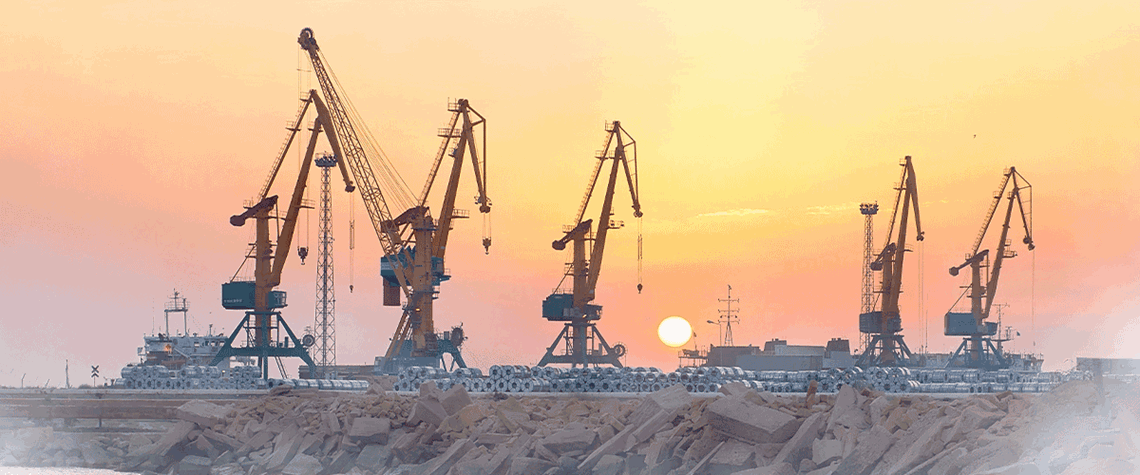Political will a key driver for Central Asia hydrogen
While the region is seeing new interest from Middle Eastern and European developers, a lack of midstream infrastructure and uncertainty around local demand could be a hurdle for large-scale projects
Future hydrogen development in Central Asia will depend on political ambition to decarbonise and could face offtake and export hurdles, warns Yury Melnikov, independent analyst and member of the UN Economic Commission for Europe’s task force on hydrogen, drawing on the results of an open study due to be published in Geneva in the coming weeks. While the region is emerging as a new source of oil and pipeline gas to Europe in the wake of the Russia-Ukraine war, unlocking vast hydrogen potential is lagging some way behind. Uzbekistan and Kazakhstan present the most likely centres of Central Asian hydrogen production, owing to an abundance of energy resources—natural gas, wind and solar—and poli

Also in this section
25 July 2025
Oil major cites strategy reset as it walks away from Australian Renewable Energy Hub, leaving partner InterContinental Energy to lead one of world’s largest green hydrogen projects
23 July 2025
Electrolysis seen as most leakage-prone production pathway as study warns of sharp increase through 2030 and beyond
22 July 2025
The gas-hungry sector is set for rapid growth, and oil majors and some of the world’s largest LNG firms are investing in ammonia production and export facilities, though much depends on regulatory support
16 July 2025
Major manufacturer cancels rollout of new hydrogen-powered vans and strengthens focus on battery electric and hybrid markets








